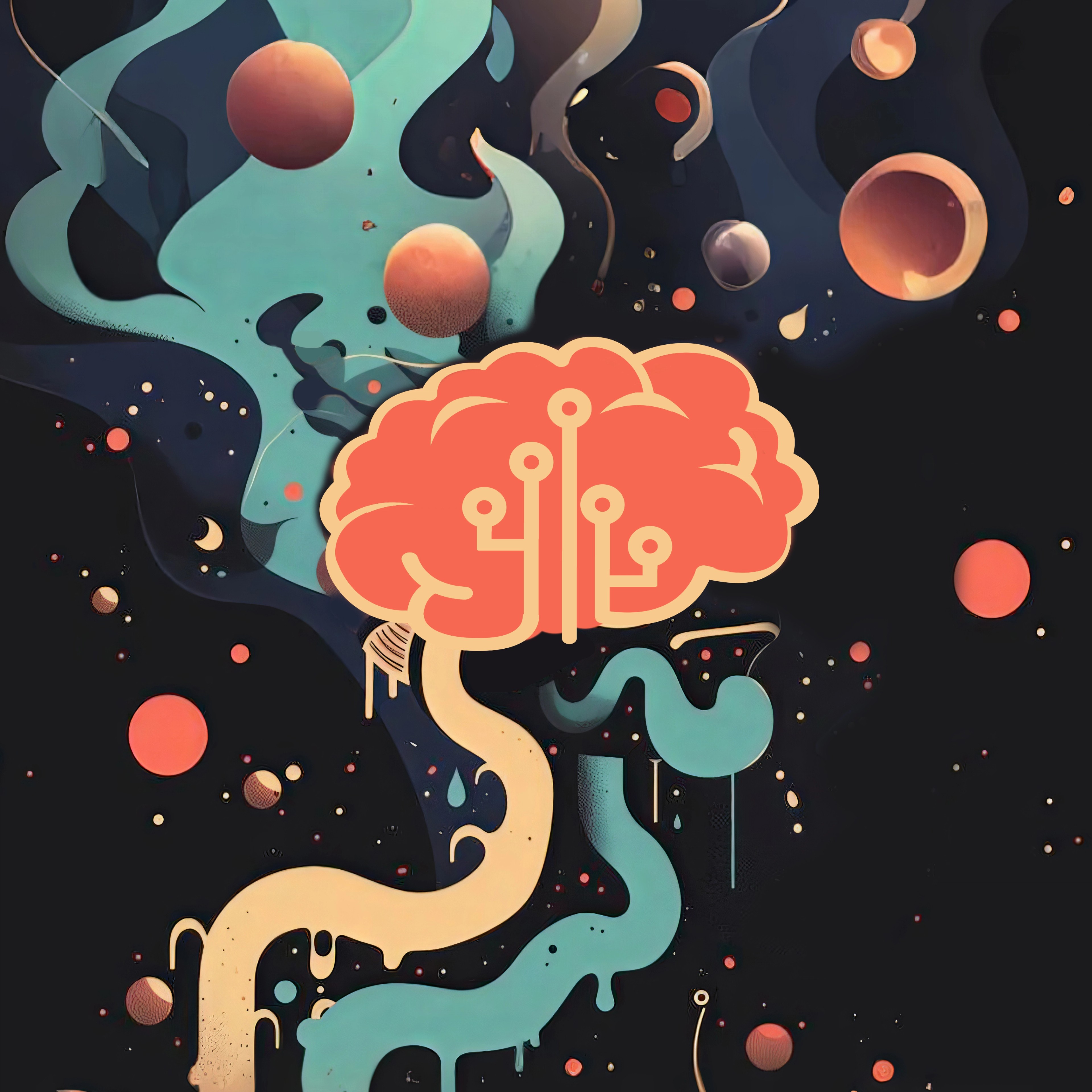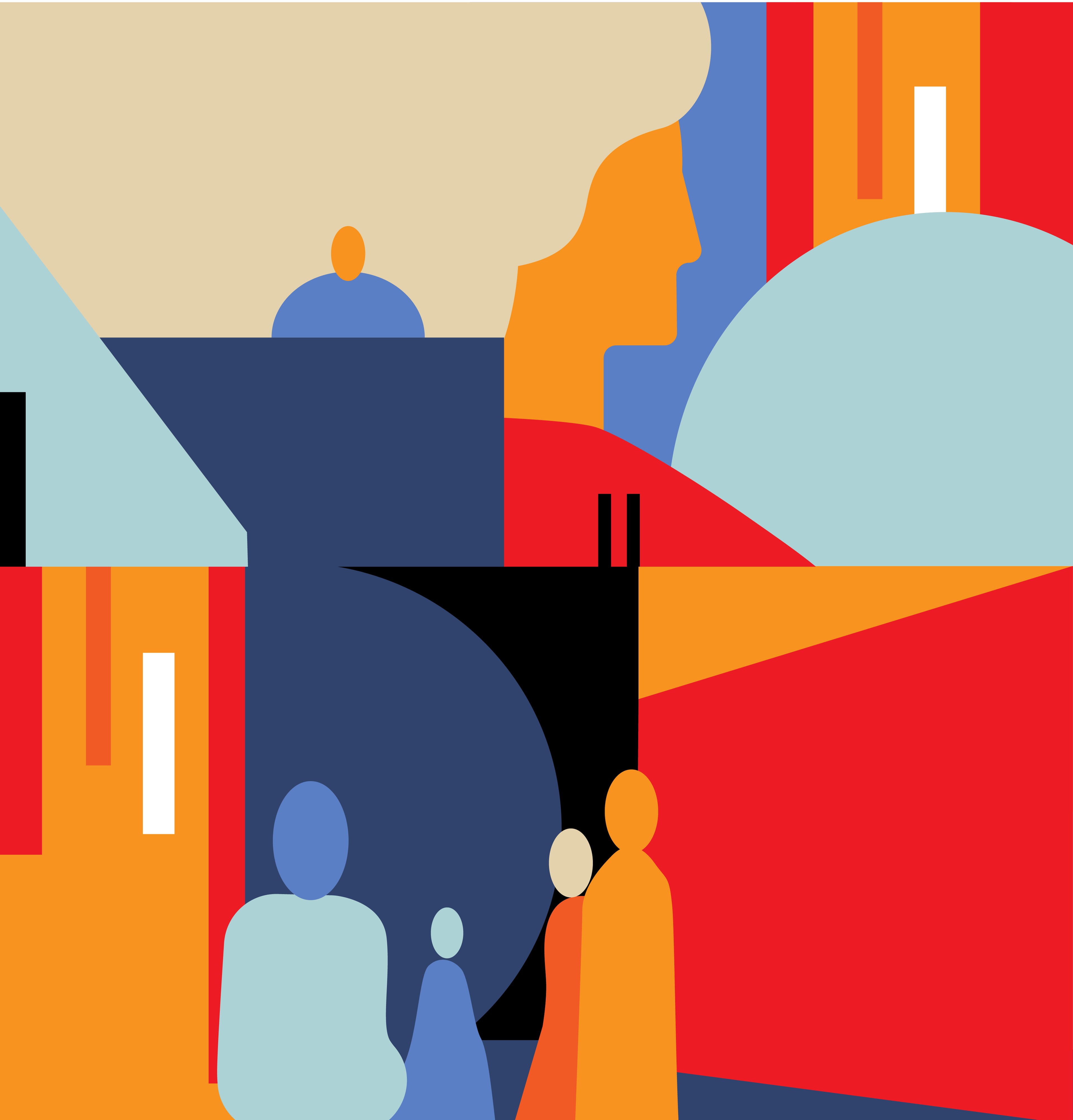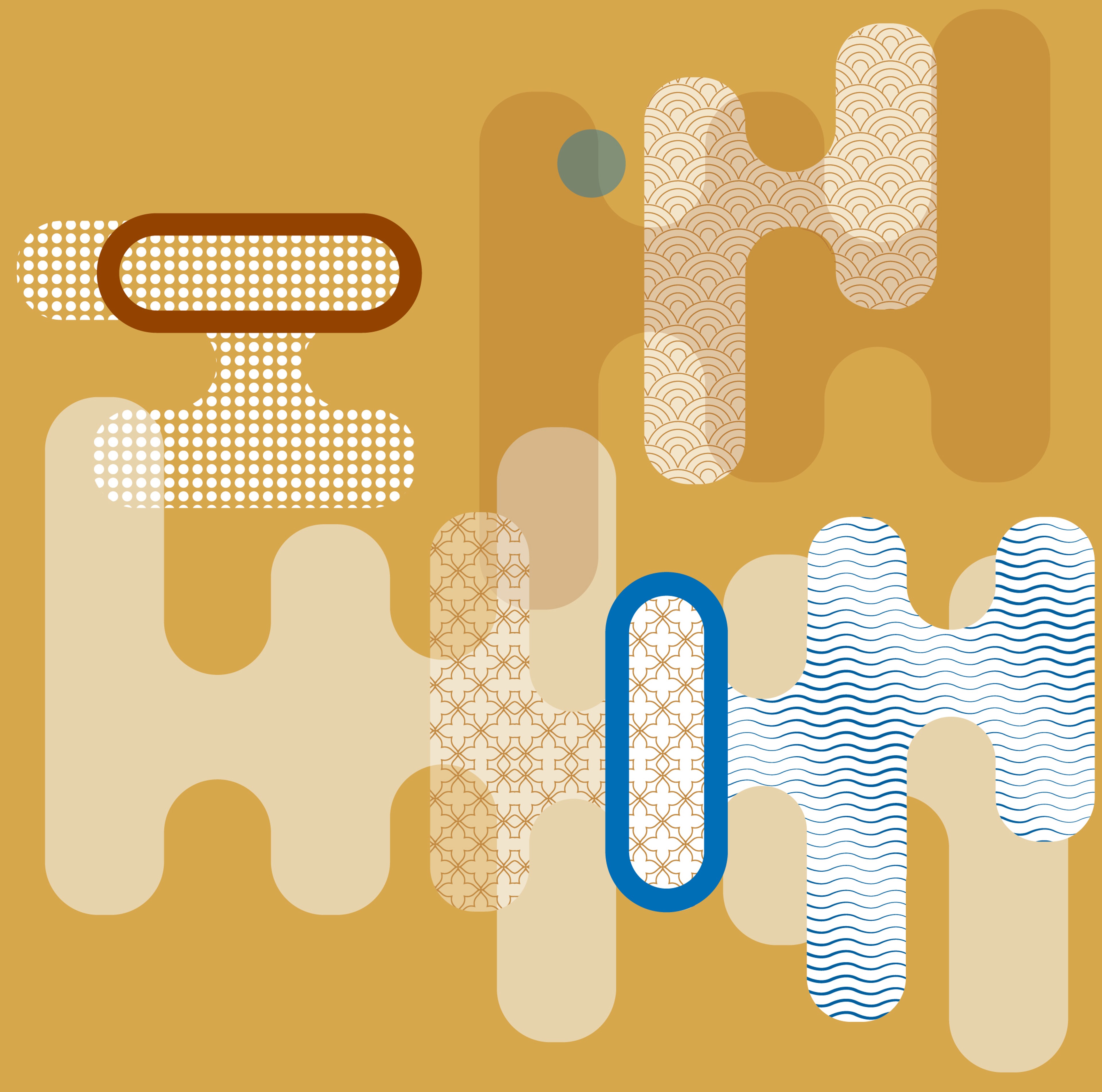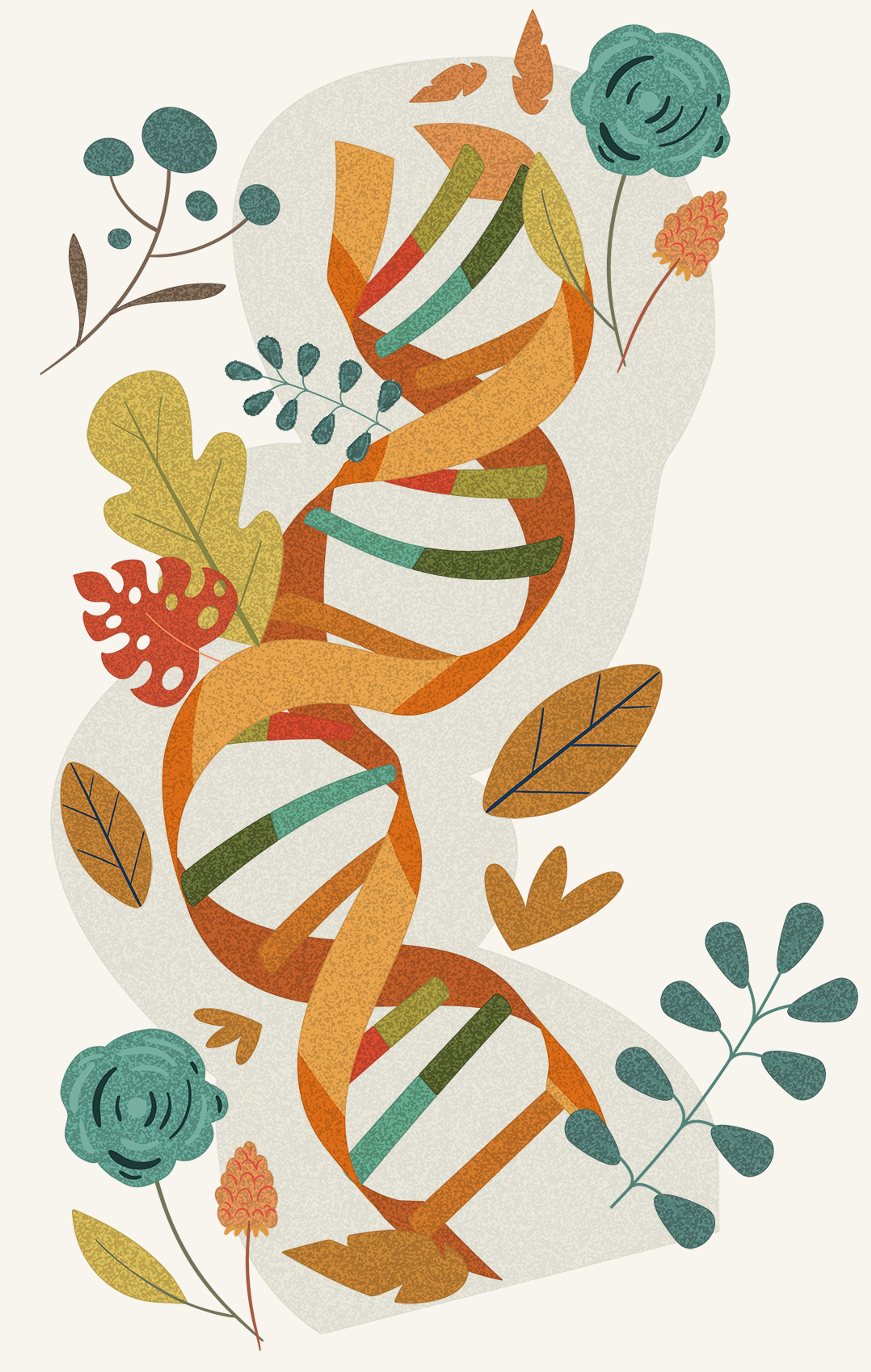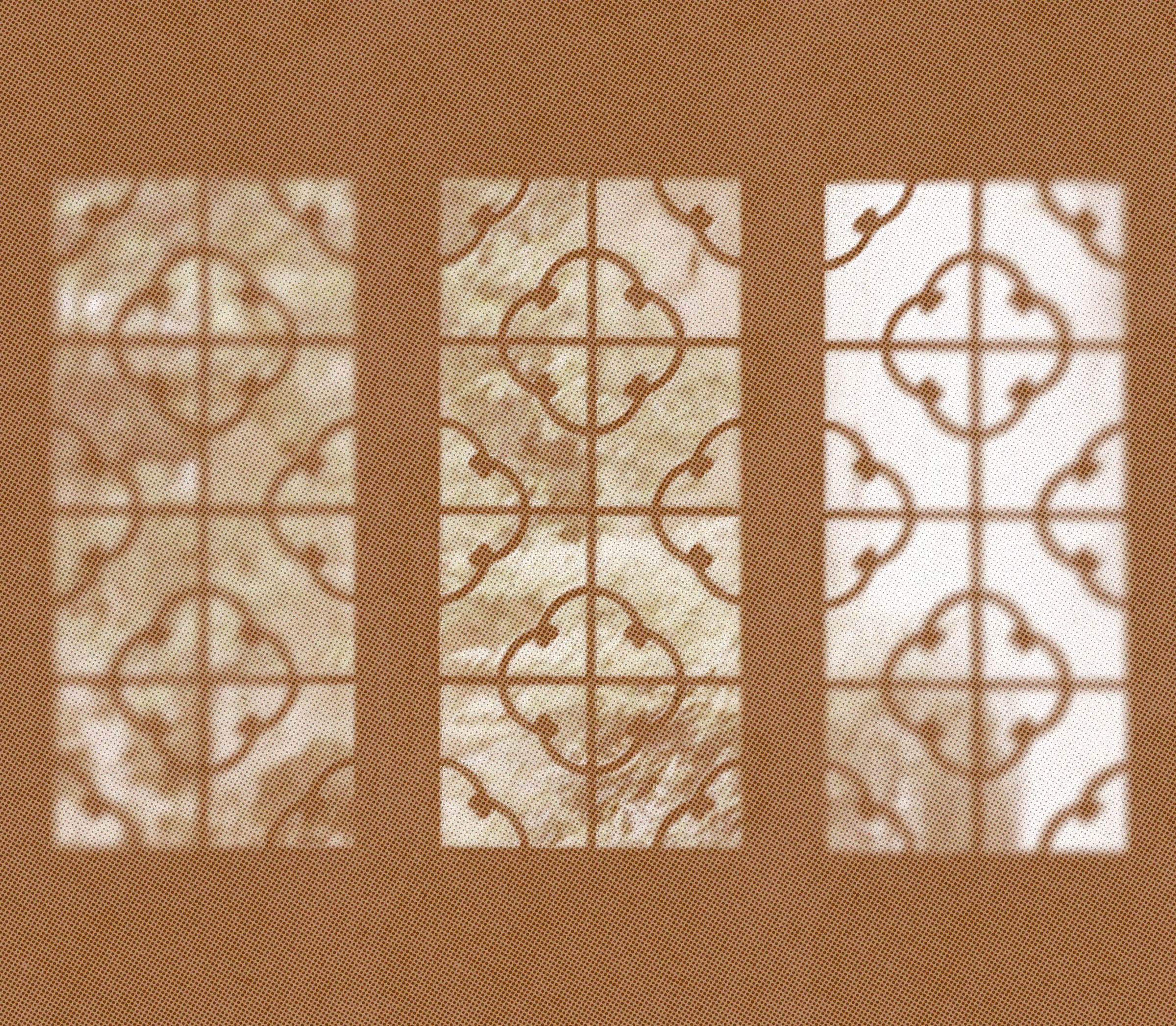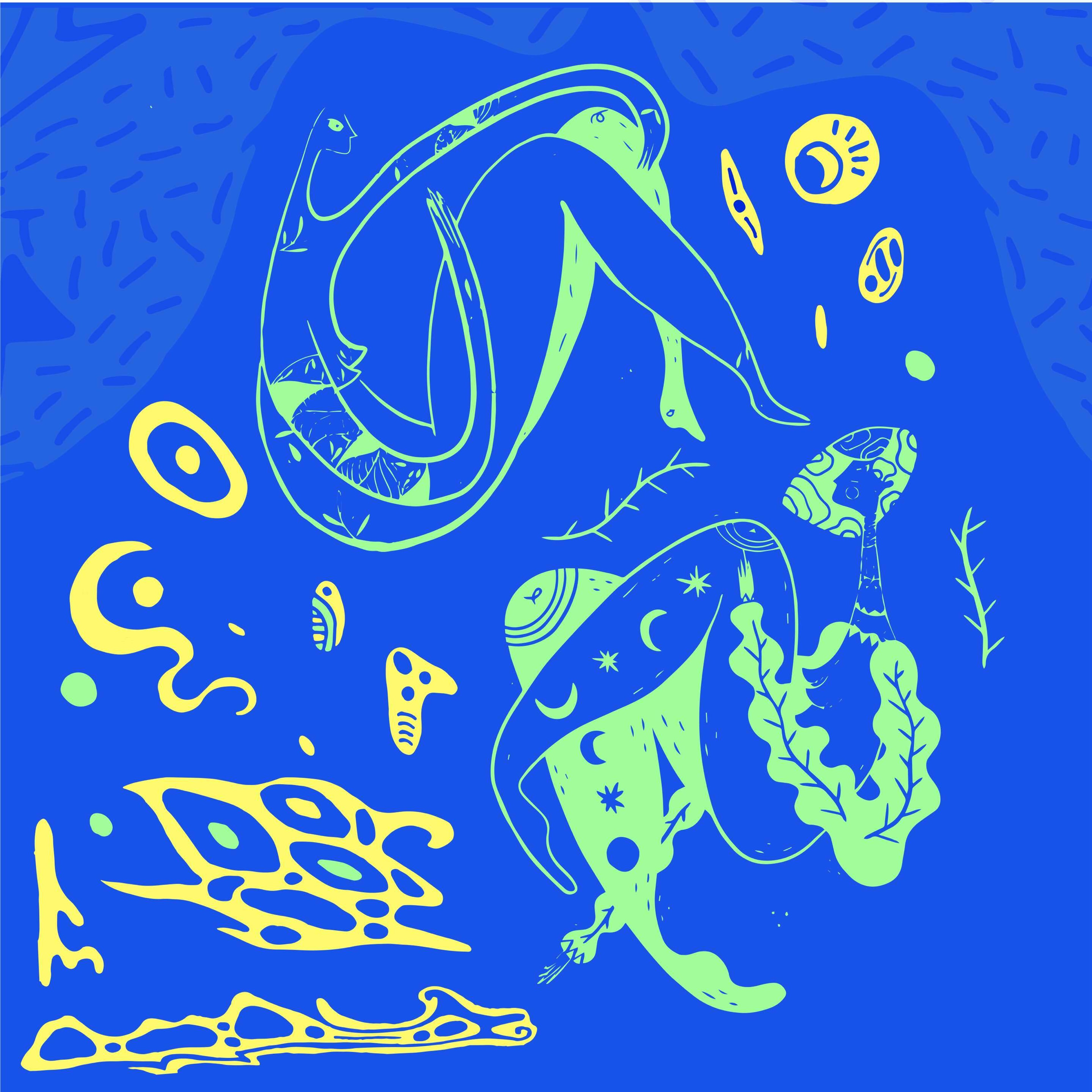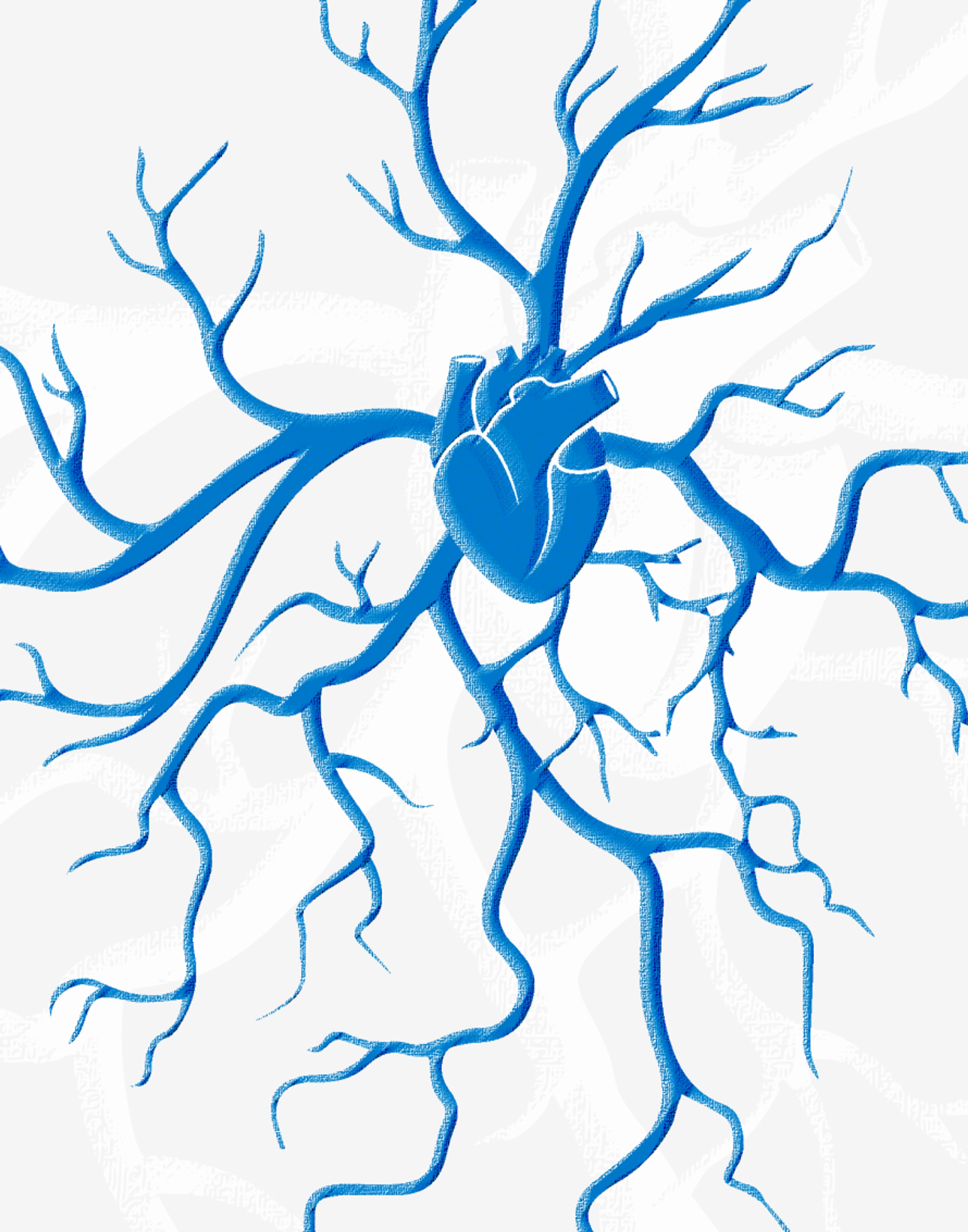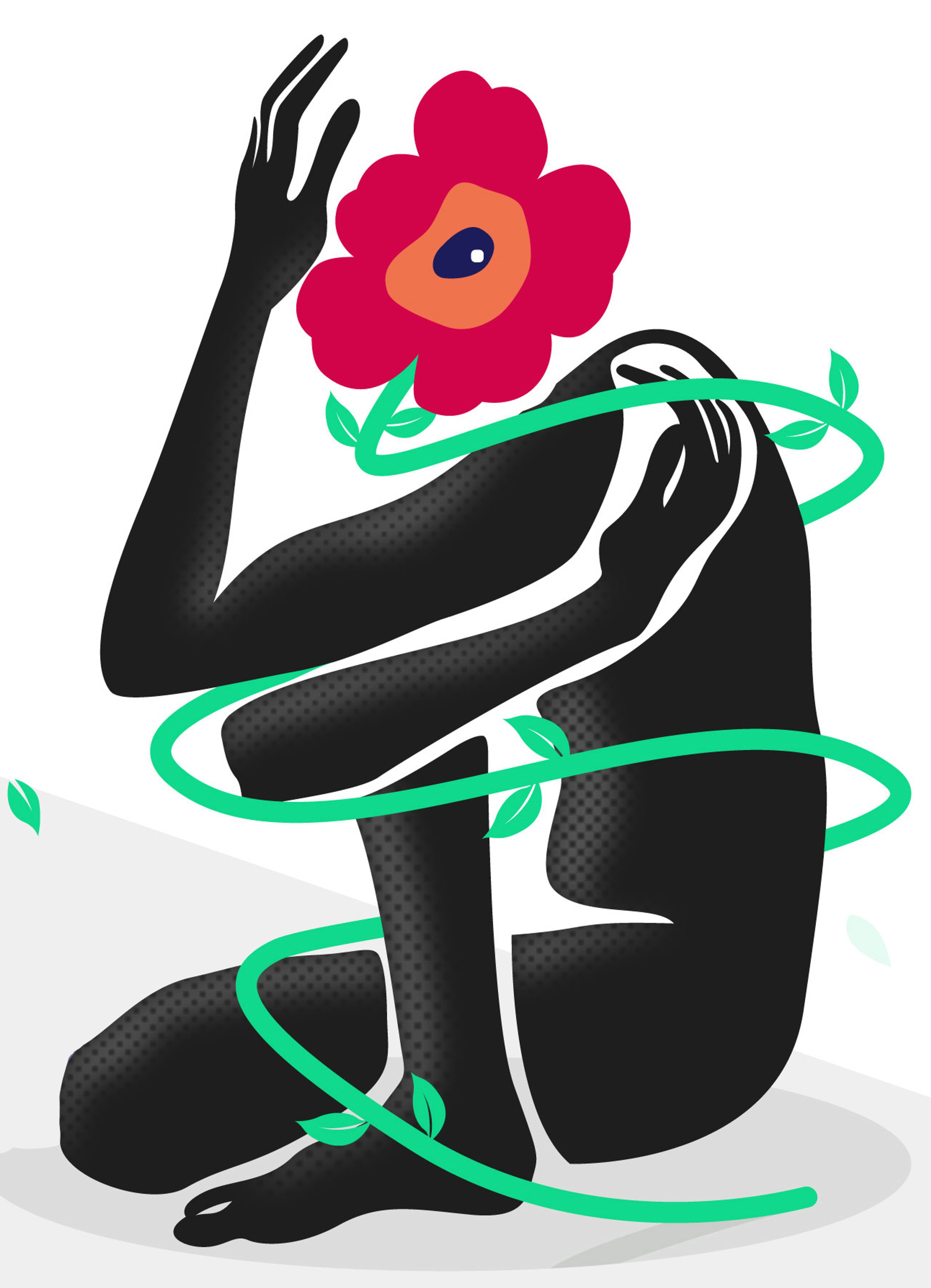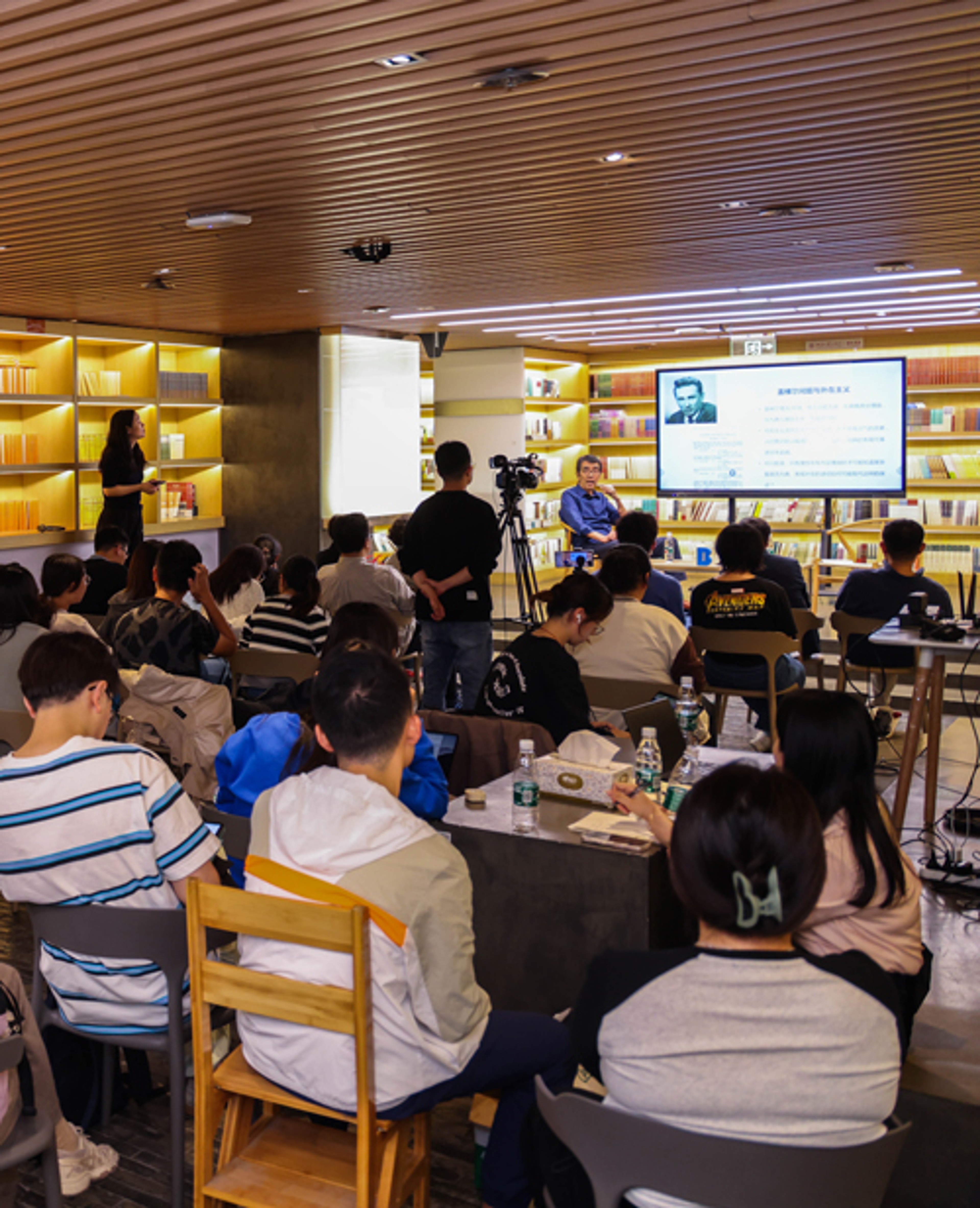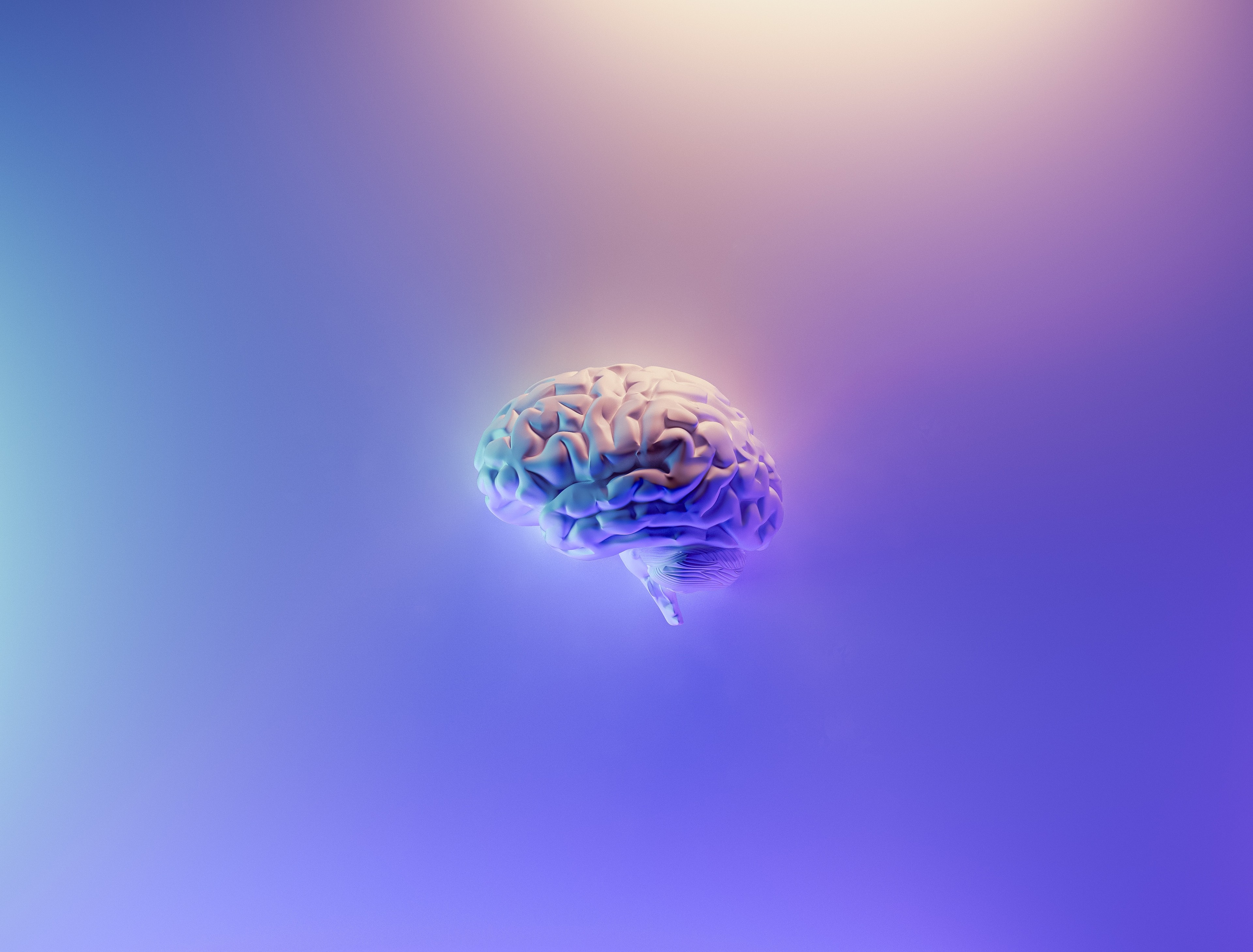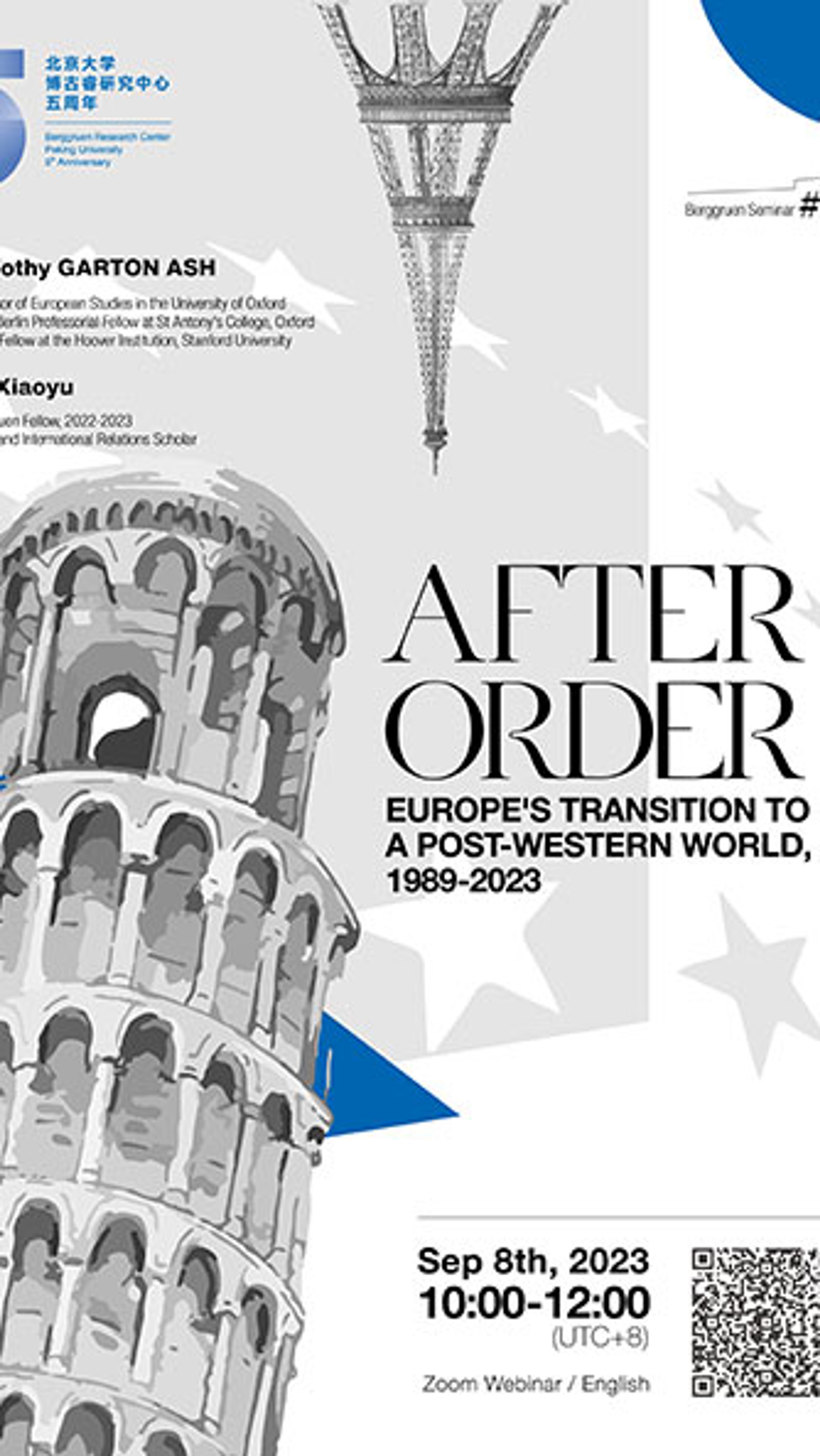Shame and Happiness: A Philosophical Dialogue Across Ancient Greece and Early China
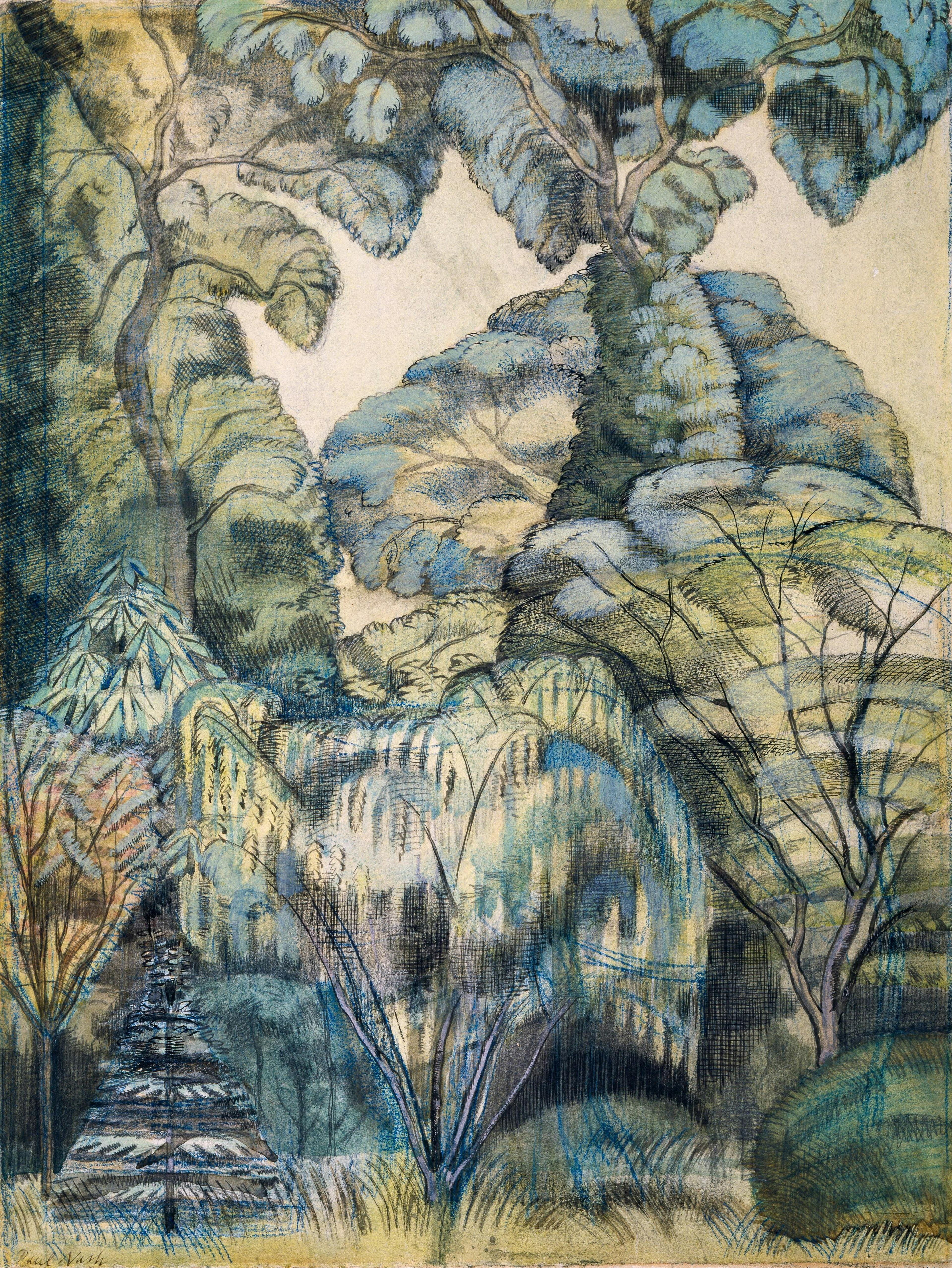
Based on Aristotle and Xunzi on Shame, Moral Education, and the Good Life (Oxford University Press, 2024), the event explores a set of fundamental issues in ethics and cross-cultural inquiry. It examines the role of emotions, particularly shame, in moral cultivation and the pursuit of the good life. By linking ancient and modern perspectives, bridging the Eastern and Western traditions, this talk seeks to revitalize ancient wisdom for contemporary relevance.
Recent years have seen a remarkable rise of interest in comparative studies of ancient Greece and early China. What insights might the ethical philosophies of these traditions offer for the 21st century?
Speaker
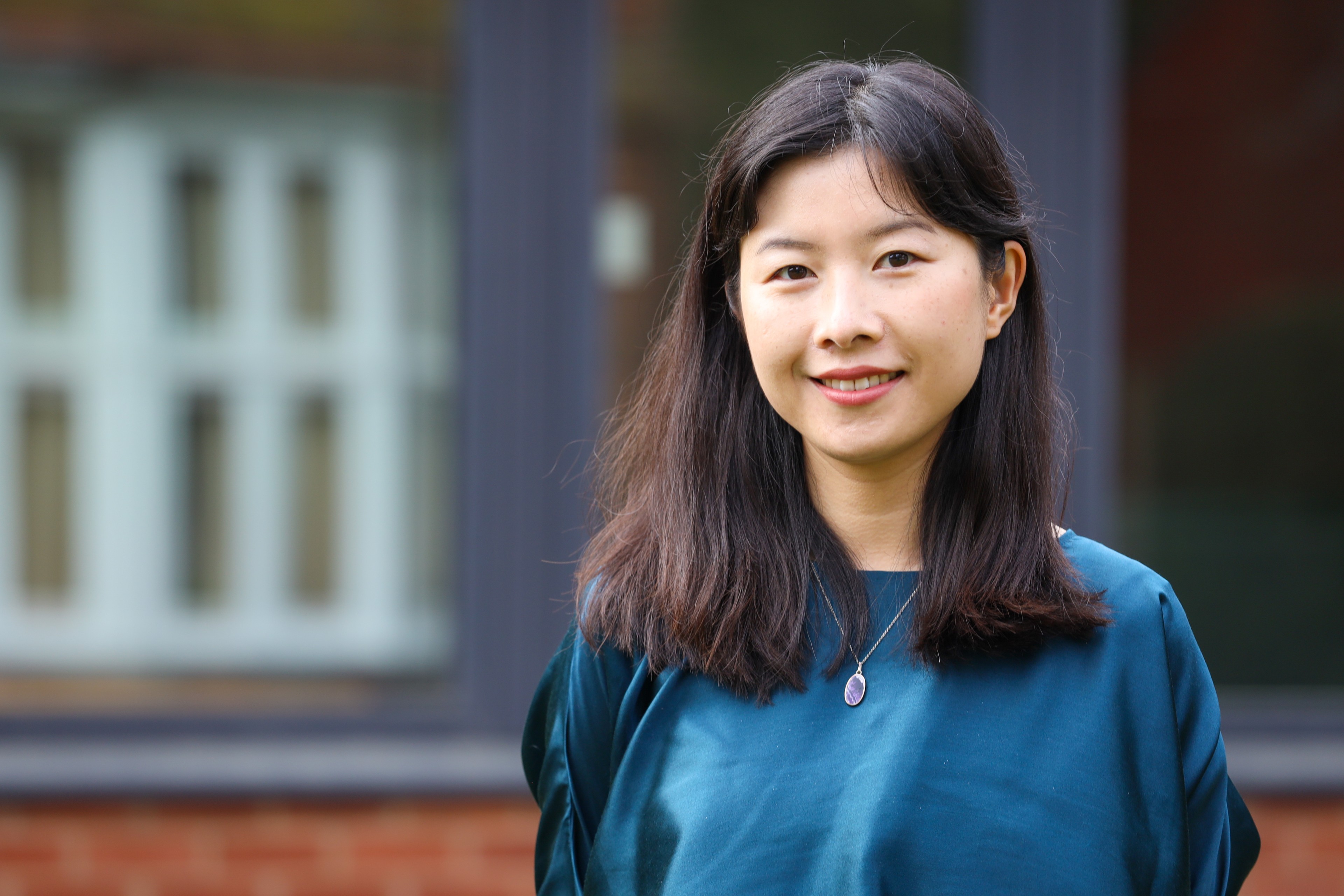
Dr ZHAO Jingyi is ISF Senior Research Fellow at the Needham Research Institute, Cambridge, and Needham Research Fellow, Clare Hall, University of Cambridge. She is a 2024-25 Berggruen Fellow at the Berggruen Research Center at Peking University. Dr Zhao completed her BA, MPhil and PhD degrees in the Faculty of Classics at the University of Cambridge. Her research takes a cross-cultural comparative perspective on the ancient Greek and early Chinese philosophical traditions. She is contributor and co-editor of Ancient Greece and China Compared (Cambridge University Press, 2018) and author of Aristotle and Xunzi on Shame, Moral Education, and the Good Life (Oxford University Press, 2024). Dr Zhao has worked extensively in public outreach, having filmed for the BBC Documentary Story of China, been interviewed by the Guardian, and published a series of interviews with leading thinkers via her WeChat public account (jing yi fang tan “静一访谈”) and via journals and magazines.
Commentator
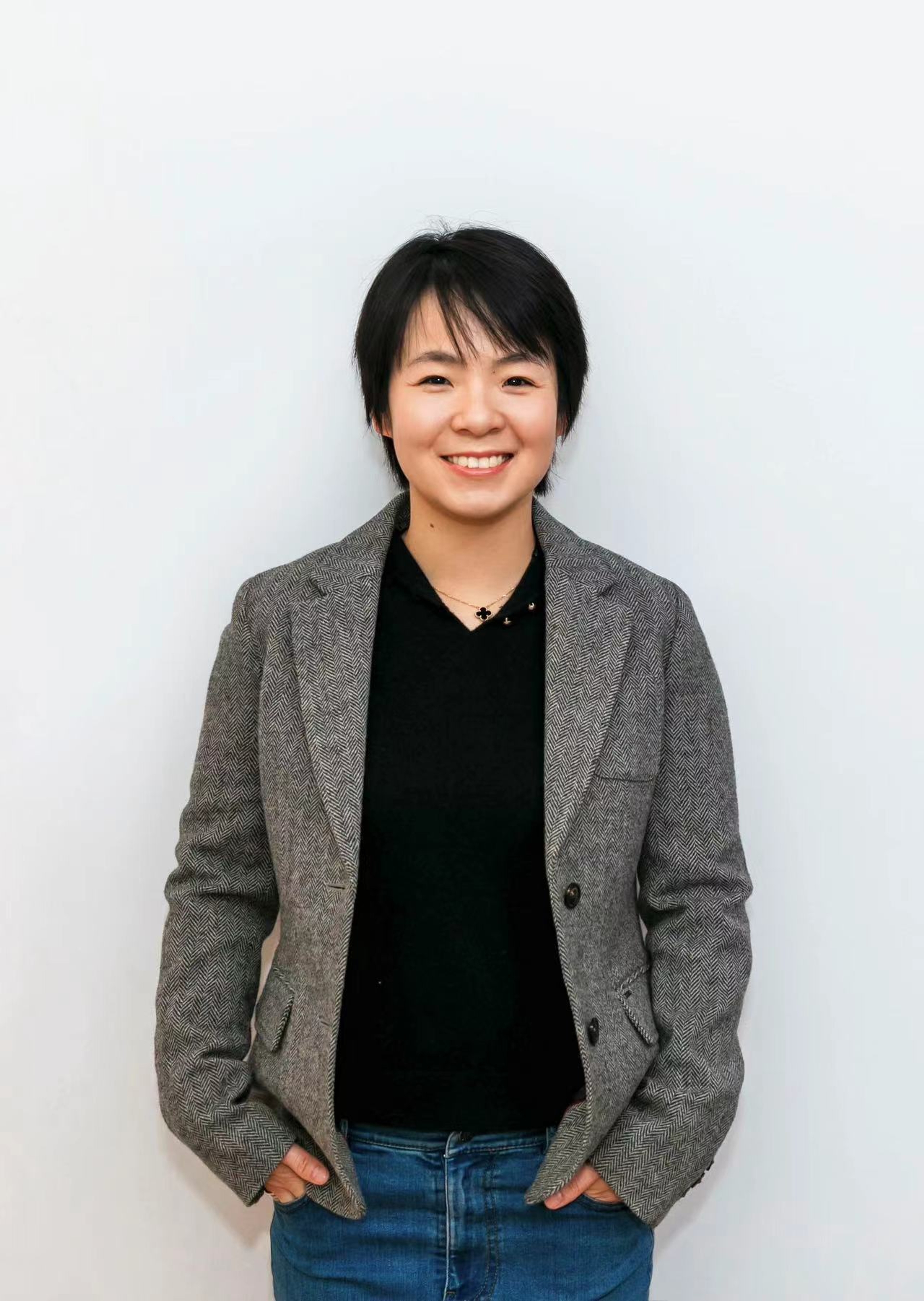
Dr YUAN Ai is an associate professor at the Department of Philosophy at Tsinghua University. She received her D.Phil from the University of Oxford. She has been interested in Daoist philosophy and comparative philosophy. Yuan’s article was awarded first place in the ISCP Charles Fu Young Scholar Award and the SACP Young Scholar Award. Her articles have appeared in journals such as Early China, Philosophy East and West, and Bulletin of the School of Oriental and African Studies. She is currently working on three projects: her manuscript Nonverbal Communication in Early China; Dao Companion to the Philosophy of the Daodejing (Ai Yuan and Xiaogan Liu eds. forthcoming 2025) and Beyond Mohism: Logic in Early China (Fenrong Liu, Jeremy Seligman and Ai Yuan eds., forthcoming 2025).
Seminar Summary
On the evening of December 13, 2024, the Berggruen Seminar 32, titled “Shame and Happiness: A Philosophical Dialogue Across Ancient Greece and Early China,” was held at the CITIC Bookstore Sanlitun in Beijing. The seminar featured Dr. Jingyi Jenny Zhao, ISF Senior Research Fellow of the Needham Research Institute, and Needham Research Fellow at Clare Hall of the University of Cambridge. She is also one of the 2024–2025 Berggruen Fellow of the Berggruen Research Center, Peking University. The discussant was Dr. Yuan Ai, an Associate Professor in the Department of Philosophy at Tsinghua University.
In recent years, the ‘Global Classics’ movement has led to a surge of interest in the comparative study of ancient Greek and Chinese thought. Dr. Zhao shared insights from her monograph, Aristotle and Xunzi on Shame, Moral Education, and the Good Life, published by Oxford University Press in May 2024. From a cross-cultural perspective, the seminar examined the philosophies of Aristotle and Xunzi and explored their implications for understanding shame and the emotions in modern society. While often regarded as a “negative” emotion, shame also serves as a vital force in moral development and social education. Moreover, the seminar reflected on contemporary understandings of happiness, highlighting how the excessive pursuit of positive emotions can adversely affect both individuals and society.
I. Origins: The Definition and Role of Shame
Recent decades have witnessed an “emotional turn” across disciplines such as psychology, education, and philosophy. Researchers now recognize that emotions are not only internal personal experiences but also have profound impacts on cognition, behavior, and social relationships.
Shame is a common yet complex emotion. It deeply influences our actions, relationships, and well-being while serving as an important moral compass within cultures. Although shame is often seen as a negative emotion, it can also act as a critical motivator for self-improvement. Shame arises as an emotional reaction when we realize that our behavior, or that of others, violates social norms. This reaction stems from both external social evaluations and internal self-contemplation.
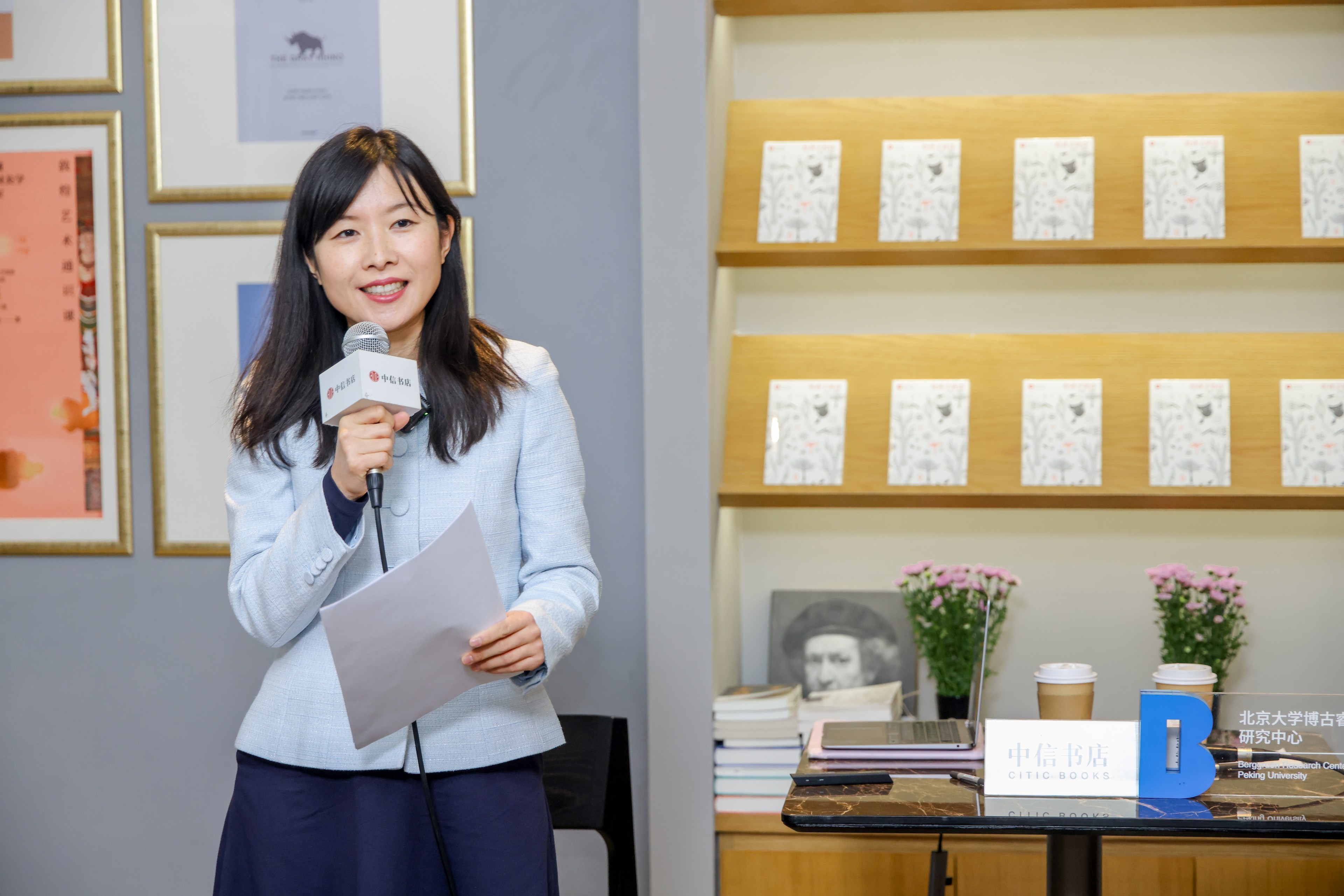
The emergence of shame reflects a heightened self-awareness. It reveals an individual’s sensitivity to social judgment and the tension between personal standards and societal norms, illustrating the intricate relationship between the individual and society.
American anthropologist Ruth Benedict in her book The Chrysanthemum and the Sword introduced the concepts of “shame culture” and “guilt culture.” It is understood that those in a “guilt culture” act morally based on an internal conscience and a true understanding of what is right and wrong. Those in a “shame culture”, on the other hand, are more concerned with external judgments, relying on external constraints to ensure moral behavior. Compared to guilt culture, shame culture is considered a more “primitive” stage. However, this binary distinction has its limitations, not least because the boundary between “shame” and “guilt” themselves are in fact blurred. On one hand, shame is internalized, involving self-evaluation and reflection. On the other hand, it is outward-facing, as human value systems are largely shaped by societal norms.
II. Xunzi and Aristotle on Emotion and Moral Education
Comparative studies between Chinese and Greek philosophies have become a significant academic focus. Such comparisons allow us to transcend cultural biases and rethink shared human challenges from a broader perspective. With this in mind, Dr. Jingyi Zhao established the Sino-Hellenic Network in Cambridge in 2024, aiming to foster connections and exchanges among students and scholars engaged in comparative studies of ancient Greece and China.
The comparative study of Xunzi and Aristotle highlights the importance of such a cross-cultural lens. Although these two philosophers lived in discrepant historical and cultural contexts, both experienced times of social upheaval and intellectual diversity. Aristotle was born in Macedonia and spent much of his life in Athens. A student of Plato and tutor to Alexander the Great, his teachings were primarily directed toward legislators. Xunzi was active in the Warring States period in China and served three terms as a libationer at the Jixia Academy, dedicating himself to the moral education of potential rulers and the social elite.
Both Aristotle and Xunzi placed great emphasis on education. Aristotle, in his Politics, stated:“Surely the most important concern of the legislator is the education of the young. If a state neglects education, its politics will inevitably decline.”
In Nicomachean Ethics, Aristotle argued: “The development of virtue is neither natural nor contrary to nature. Nature gives us the potential to acquire virtue, but this potential is perfected through habit.”
Xunzi, on the other hand, advocated for the idea that “human nature is bad”. Unlike the concept of “original sin” in Christianity, Xunzi’s view holds that while human nature is driven by selfish desires, individuals possess the potential for transformation. Through education and self-cultivation, people can achieve higher moral standards. This belief is reflected in his statements:“Learning should never cease” (chapter of “Encouraging Learning”); “Even ordinary people can become like Yu the Great” (chapter of “Human Nature is Bad”).
Xunzi also articulated: “Human nature is what Heaven provides; emotions are the substance of human nature; and desires are the responses to emotions.” (chapter of “Rectification of Names”); “The likes, dislikes, joy, anger, sorrow, and happiness of human nature are called emotions.” (chapter of “Rectification of Names”). Xunzi believed that through the cultivation of ritual and righteousness, as well as self-discipline, individuals could regulate and guide their desires and emotions.
III. Ancient Philosophical Ideas on Shame
In ancient Greek, there are two key terms associated with shame: “aidōs” and “aischunē”, discussed in Aristotle’s Nicomachean Ethics and Rhetoric. “Aidōs” has multiple meanings, encompassing not only “shame” but also reverence, respect, and humility. In classical Greek culture, it is often viewed as a defining characteristic of human identity, closely linked with justice (“dikē”). “Aidōs” plays a role in maintaining social order and moral norms. Aristotle noted that because young people are driven by emotions (“pathē”), they are prone to mistakes. “Aidōs” serves as a restraining force, helping them to make fewer errors. For the morally mature, shame is unnecessary, as they ought not to find themselves in situations that would warrant it.
In the Rhetoric, Aristotle described “aischunē” as: “A distress or unease caused by the prospect of doing, having done, or being about to do something that appears to harm one’s reputation.” He regarded shame as a “semi-virtue,” not fully equivalent to virtue but still possessing significant moral value. Xunzi, meanwhile, saw shame as a crucial motivator for self-cultivation. He emphasized constant self-reflection and moral practice, asserting: “Those who put propriety before profit are honored, while those who prioritize profit over propriety are disgraced.” (chapter of “Honor and Disgrace”)
Shame helps individuals recognize their shortcomings and drives self-reflection and improvement. Xunzi also distinguished between “moral shame” (caused by personal ethical failings) and “external shame” (caused by external humiliation), as well as between “moral honor” and “external honor.” He argued that true shame should stem from one’s moral deficiencies, not from external circumstances. This underscores the idea that individuals can grow by internalizing moral standards.
Both Aristotle and Xunzi employed the metaphor of the warped wood to illustrate the importance of education and moral cultivation. Aristotle, in the Nicomachean Ethics, stated:“...Different people are prone to different excesses… …by pulling far away from error we shall arrive at the intermediate point, in the way people do when they are straightening out warped pieces of wood. .”
Similarly, Xunzi wrote in the chapter “Encouraging Learning”: “Straight wood becomes straight when it is aligned with a string; metal becomes sharp when it is honed on a whetstone. A gentleman who studies broadly and reflects daily on himself will achieve clarity in his knowledge and correctness in his actions.” The metaphor of “straightening warped wood” demonstrates that, just as crooked wood requires correction, shame is a tool for education and self-cultivation. Through proper education and guidance, individuals can overcome innate shortcomings and achieve moral growth.
IV. The Significance of Shame in Modern Society
In modern society, emotions are often simplistically categorized as “positive” or “negative,” overlooking the profound significance of so-called negative emotions. Shame, in particular, is widely regarded as an undesirable feeling. However, when properly guided, shame can become a vital moral corrective mechanism, encouraging individuals to reflect and continuously improve. In an 2024 interview with The Guardian for the article “Can Shame Make You a Better Person?”, Dr. Jingyi Zhao argued against viewing emotions as simply ‘positive’ or ‘negative’, noting that shame, for example, while causing discomfort at a particular moment in time, can play a positive role in the long term in our pursuit of higher moral standards.
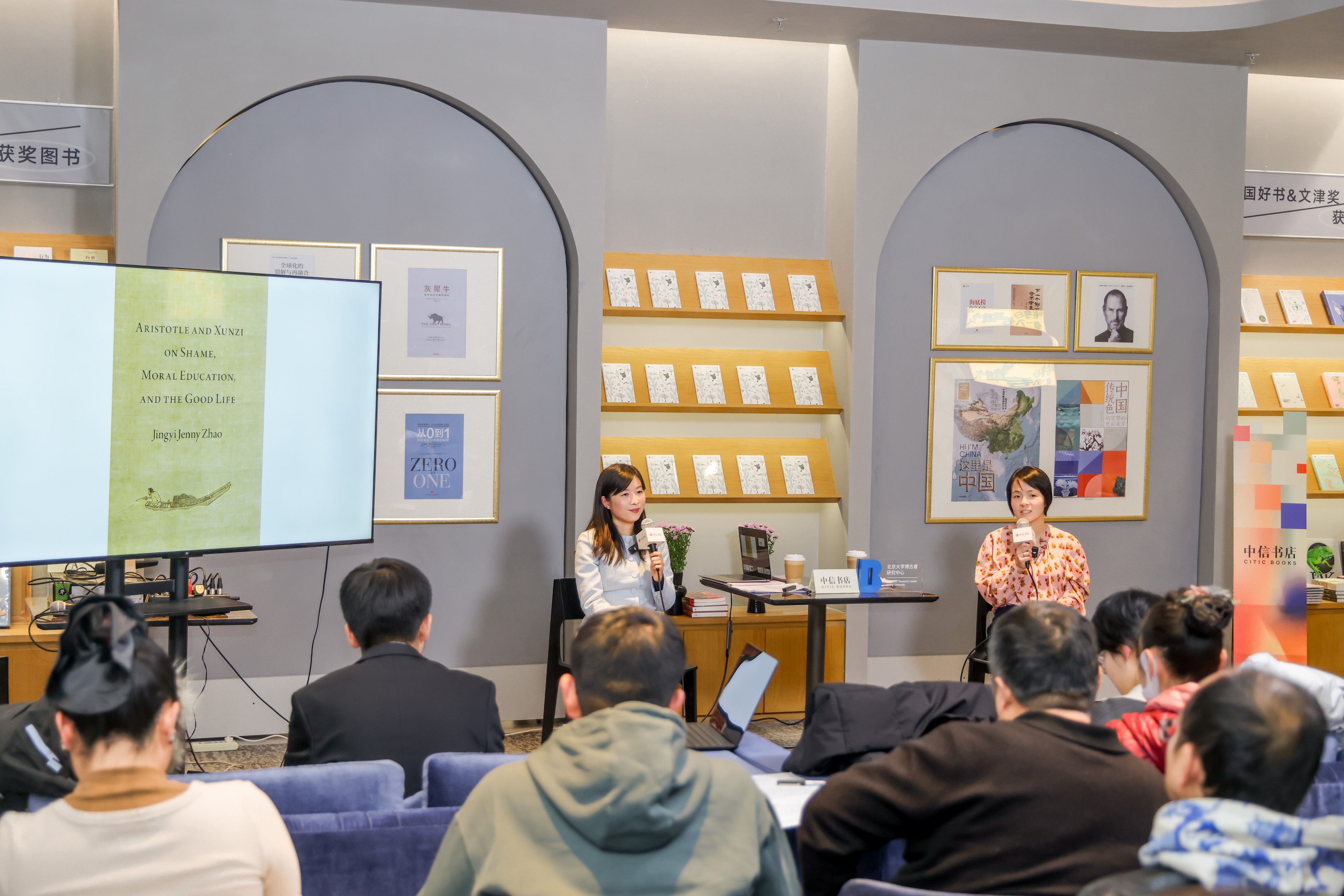
Among “negative emotions,” fear and sadness also have certain constructive roles: they help us understand loss, foster growth, and serve as forces for building a fulfilling life. Anxiety and sadness, for instance, are essentially protective signals and natural components of human emotional experience. Happiness, instead of being a constant state of positive feelings, is better understood as a dynamic balance.
In recent years, society’s excessive pursuit of positive emotions has led markets to promote a new concept of happiness through products and ideas such as “self-care” and “stress-relief solutions.” However, this obsession with positivity carries certain risks. For example, seeing others showcase their “perfect lives” on social media can provoke anxiety and self-doubt. As Delistraty wrote in an2019 Aeon article: “How did feeling good become a matter of relentless, competitive work; a never-to-be-attained goal which makes us miserable?” This fixation on positive emotions can lead to emotional imbalance, neglecting the role of negative emotions in deepening our understanding of happiness.
In the “Arkangel” episode of Black Mirror, a mother uses brain-implant technology to monitor her daughter and shield her from negative emotional experiences. As a result, the daughter becomes unable to process emotional conflicts, ultimately leading to a breakdown in their relationship. This storyline highlights the risks of over-interference and emotional control on personal growth. Negative emotions are, in fact, an indispensable part of life. True happiness does not lie in avoiding negative feelings but in coexisting with them and channeling them into long-term positive effects.
In the digital era, shame has been amplified through “public shaming,” making its role and meaning more complex. It is crucial to differentiate shame from shaming: while shame can serve as a positive motivator, encouraging individuals to reflect on their actions and make improvements, shaming is often destructive, damaging self-esteem.
For instance, in 2021, an incident in Beijing involving a primary school student humiliated by two teachers for their classroom performance drew widespread criticism of shame-based education. Modern educational philosophies increasingly emphasize respect and guidance, moving away from methods rooted in humiliation. However, the rapid spread of information on social media has dramatically amplified the destructive power of shaming, threatening individuals’ privacy and dignity. Ironically, in this case, the teachers who humiliated the student, became themselves targets of public shame through social media.
To conclude, Dr. Zhao explained the reasons for choosing Song Dynasty painter Ma Yuan’s “Solitary Angler on a Wintry Lake” as her monograph cover.The lone angler appears to be engaging in a moment of self-reflection. The experience resonates with shame in that shame can bring a sense of isolation, but it also fosters self-awareness and prompts personal reflection, leading to moral cultivation—a key element of the good life, as understood by many Greek and Chinese philosophers.
Summary drafted by Berggruen Intern: Linhe Li
Image at top courtesy of Birmingham Museums Trust on Unsplash


